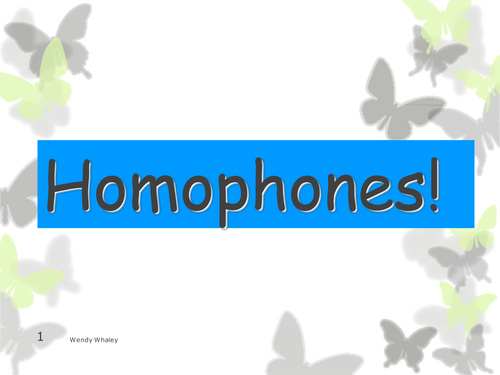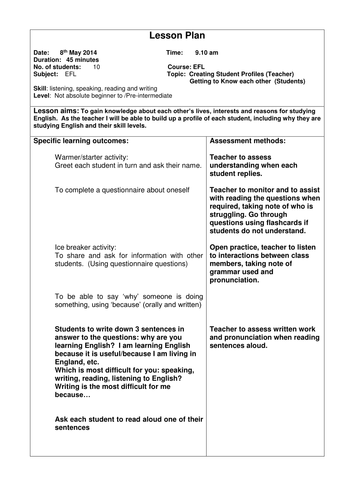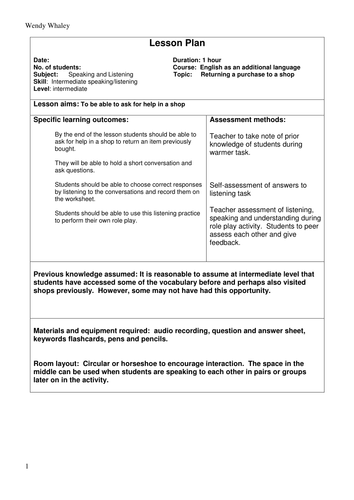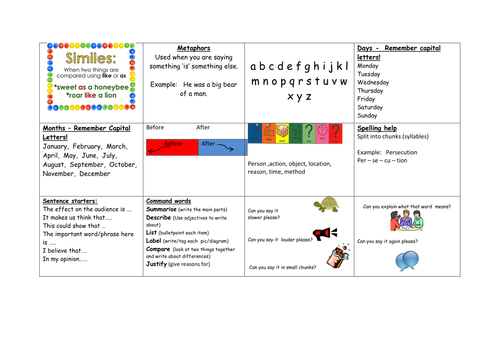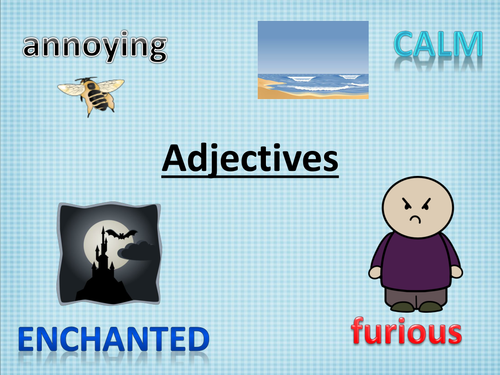
19Uploads
20k+Views
8k+Downloads
Languages

Homophones Lessons with Lesson Plan and activities
A powerpoint presentation explaining homophones with link to video, activities to complete or print out as worksheets, bingo game, quiz and lesson plan/ evaluation. Suitable for most ages (from KS2 to 4) as a revision aid or an introduction to homophones. Some activities are more difficult than others so it would depend on your students’ abilities as to which you choose to do with them. Video and images attributed to creative commons.

Similes Card Game Printable
This can be printed onto card and laminated to make into small cards to use as a game in class as a plenary or to recap similes. The teacher reads out the card and the student with their hand up first can give an appropriate answer. The student with the most cards at the end is the winner.

Lesson plan and activities for Students of EAL Upper Intermediate and also 13/14 year olds
This lesson is based on life expectancy around the world and is suitable for upper intermediate learners of English as an additional or second language and also for year 8 and 9 students.
Activities include: fact cards, reading comprehension (newspaper), close sentences, discussion activity, dictionary activity, skimming and scanning for information. Information is also given to teachers to remind them of SMOG for any additional materials they wish to use.

Descriptive Writing Toolkit
This can be printed onto A3 and used as a wordmap to assist with descriptive writing skills. SEN pupils will find it particularly useful.

Introductory Lesson for students of English as a second or additional language
This lesson is useful for you as a teacher of EAL to elicit information and skills of your students. It will also assist the group to get to know each other and enhance communication skills. The topic is 'All About Me'.
An information sheet is attached also for teacher use and guidance.

English as a foreign language lesson about Shopping (Listening, Reading, Writing (EAL or SEN)
This document includes a lesson plan and evaluation, lots of activities, flashcards, a listening comprehension and group activities. It is suitable for upper intermediate students of EAL or SEN students KS3.

Where do they come from and what are they made of? Everyday items
This resource was developed for students with speech language and communication difficulties to support new vocabulary learning. The resources ask where everyday objects are from and what they are made of. There is also a worksheet for naming everyday things and putting them into categories.

Los Colores - learn colours in Spanish
This is a beginners’ resource to learn the colours in Spanish. There are worksheets to complete and colour and exercises to repeat each colour after the teacher.

strategy cards on keyring for SLCN
This keyring has been developed and used to make life simpler for those with language and communication difficulties. It reminds them how to ask for help in class, the sequences of months, days, the alphabet and what question words mean. This can be adapted to various students individual needs. Can be used for autistic students and other sen too. Contains colourful images, courtesy of creative commons.

A simple guide to using adjectives with images, activities and worksheets, for all yrs
This resource is a simple to use powerpoint with 9 slides. It explains what an adjective is in simple terms and then is followed by activities and worksheets with colourful images which make it accessible for SEN/EFL students. The final task of providing a descriptive piece of writing can be used for assessment if wished. A card game and wordmat are included.

